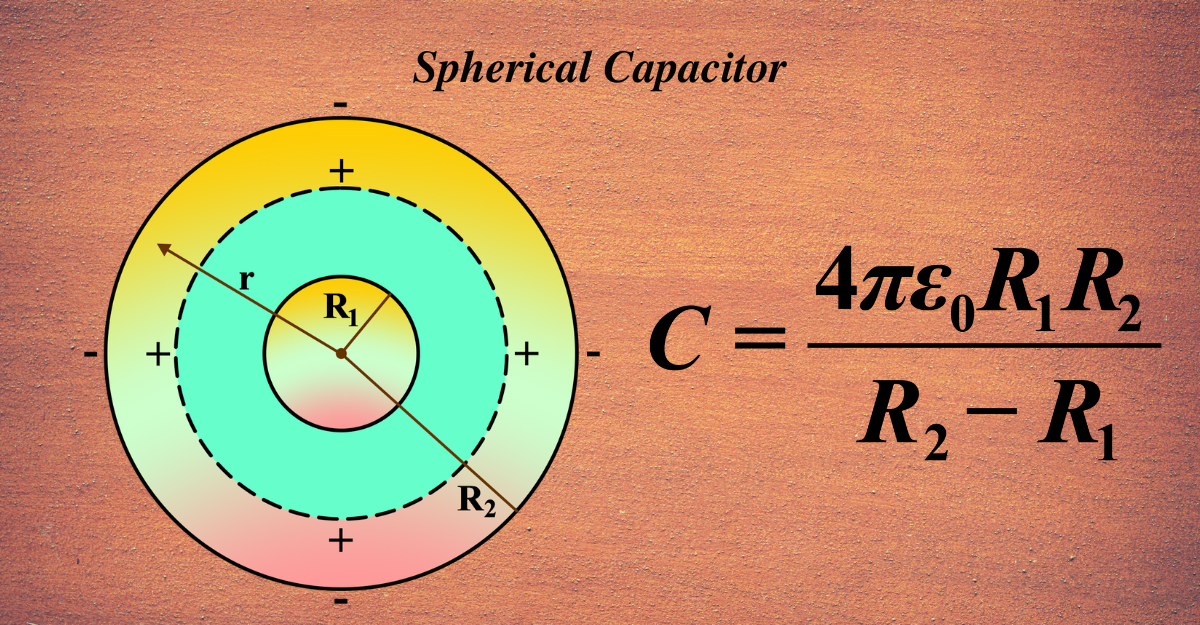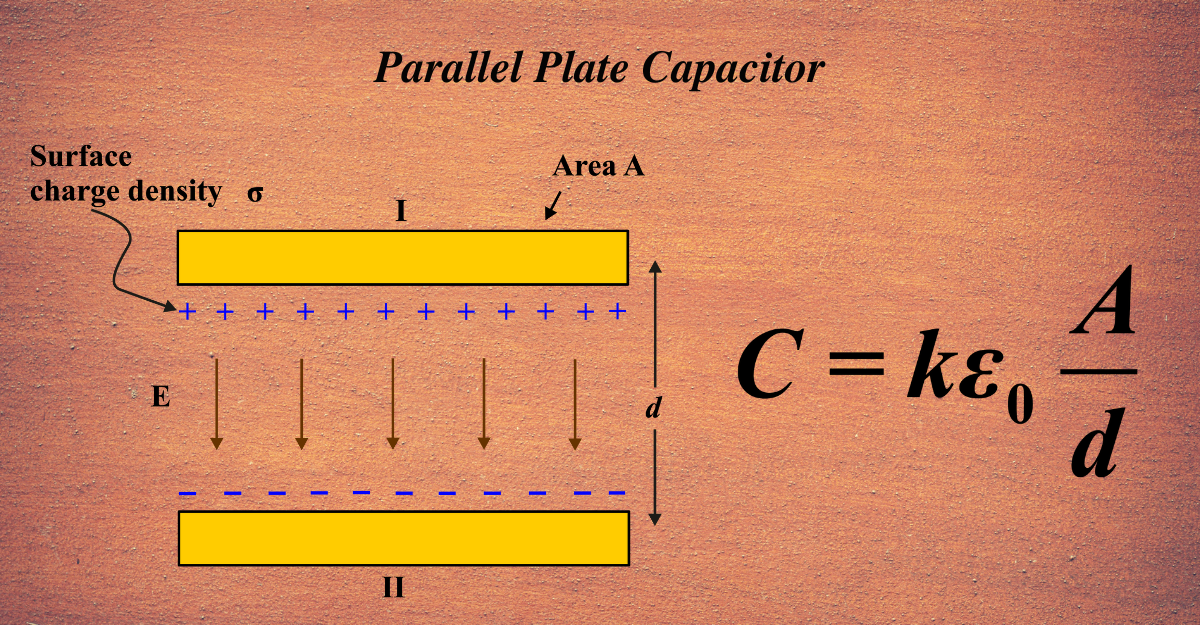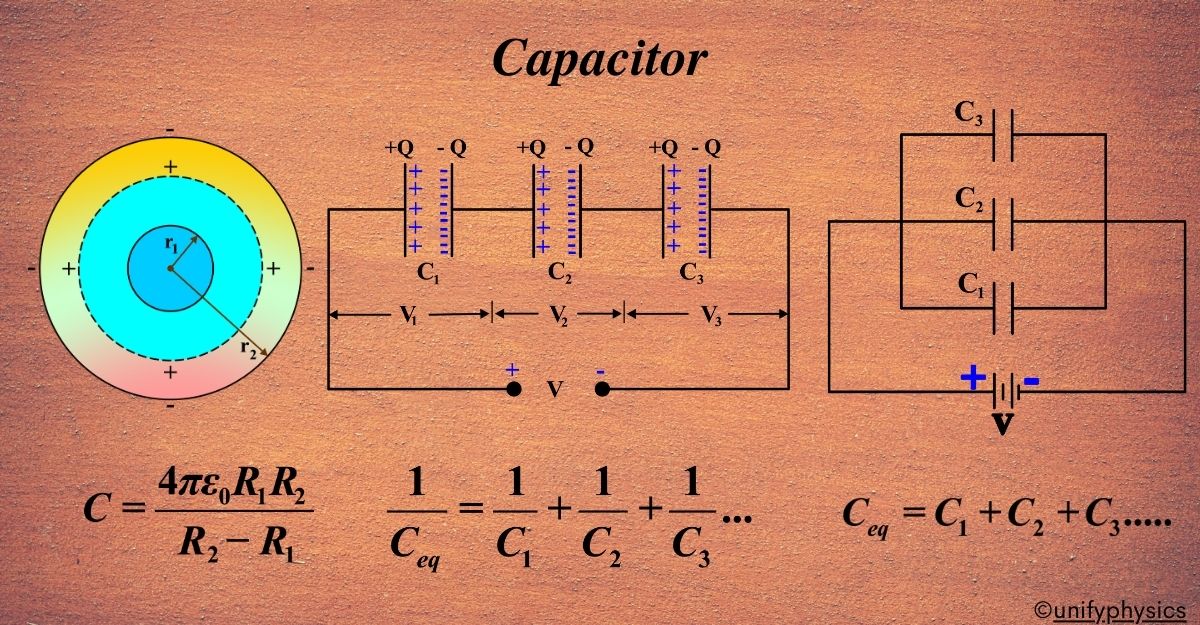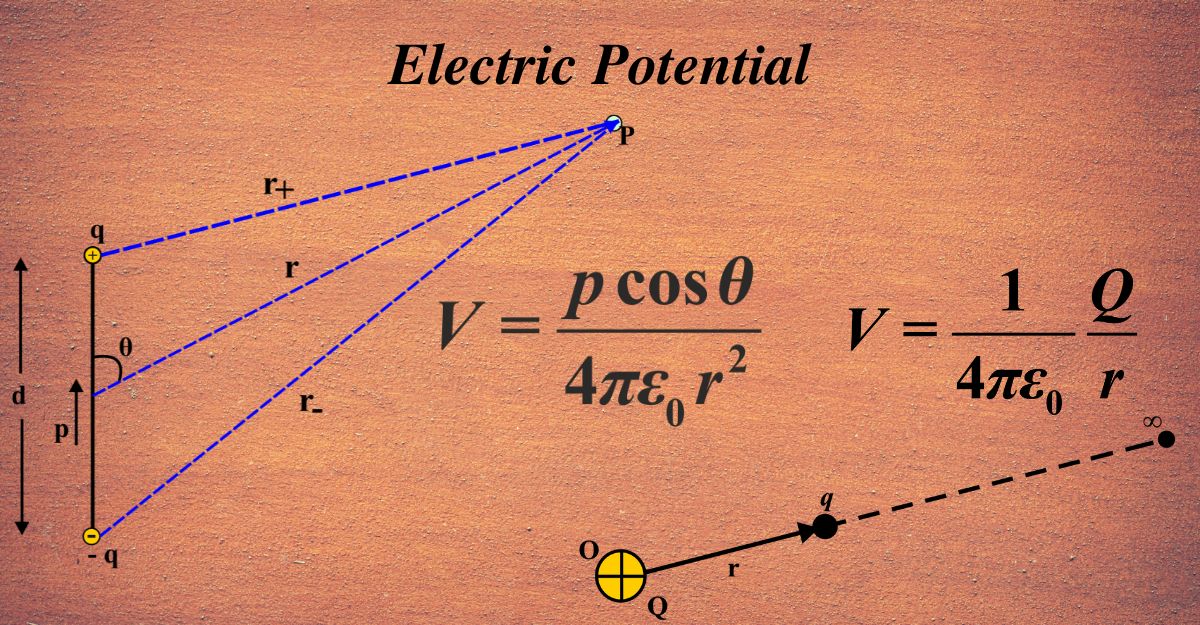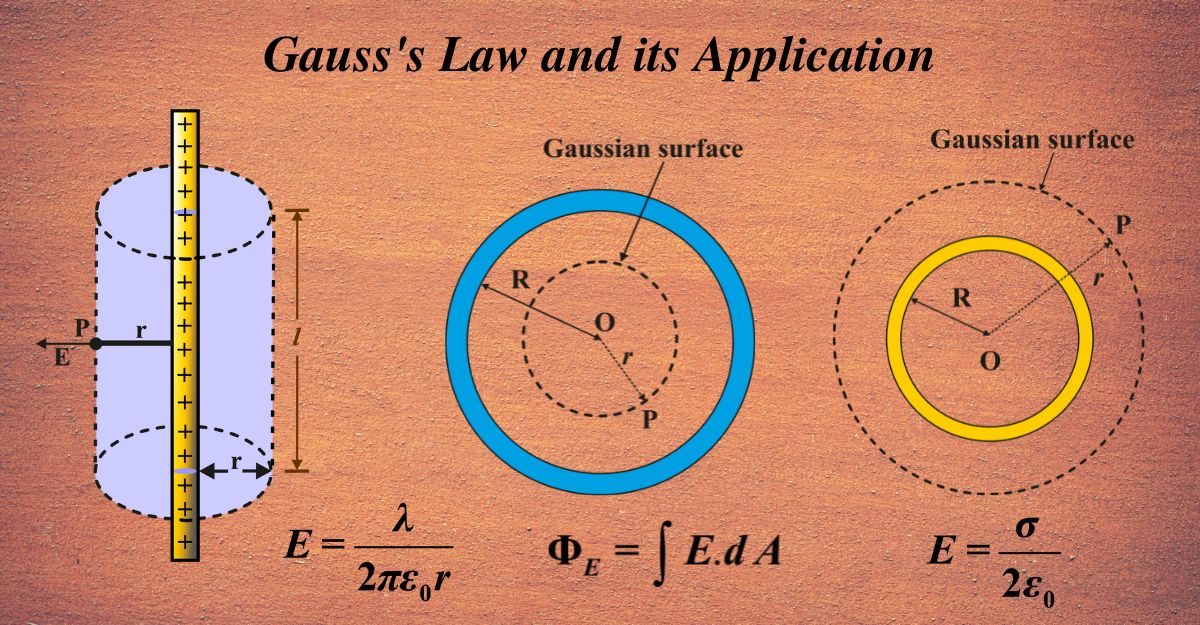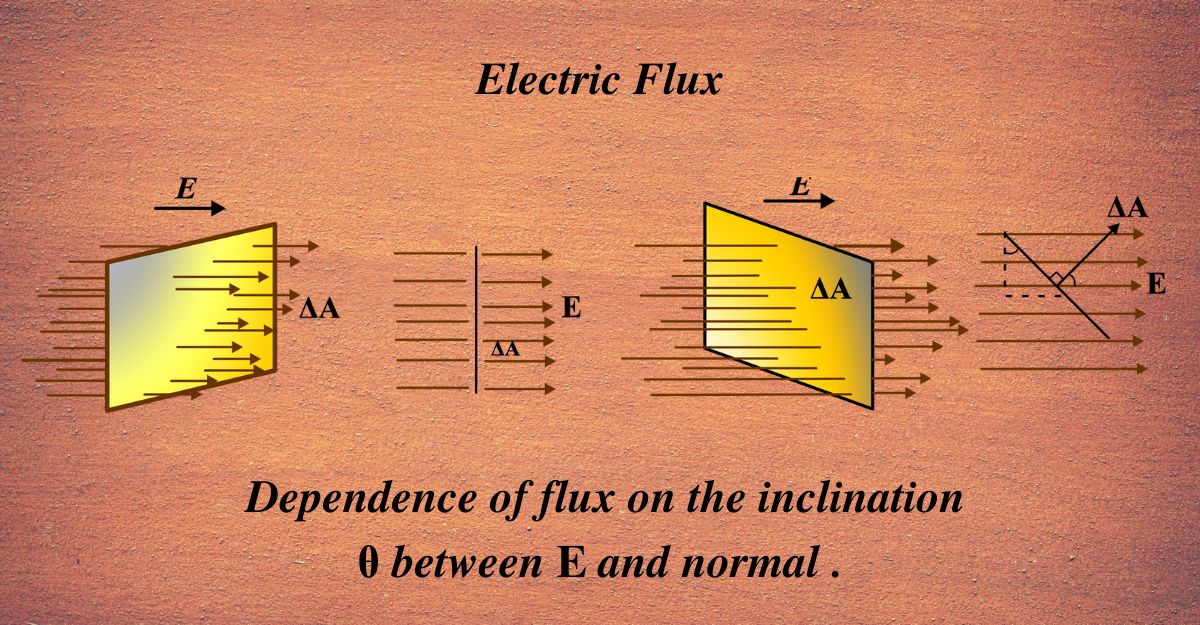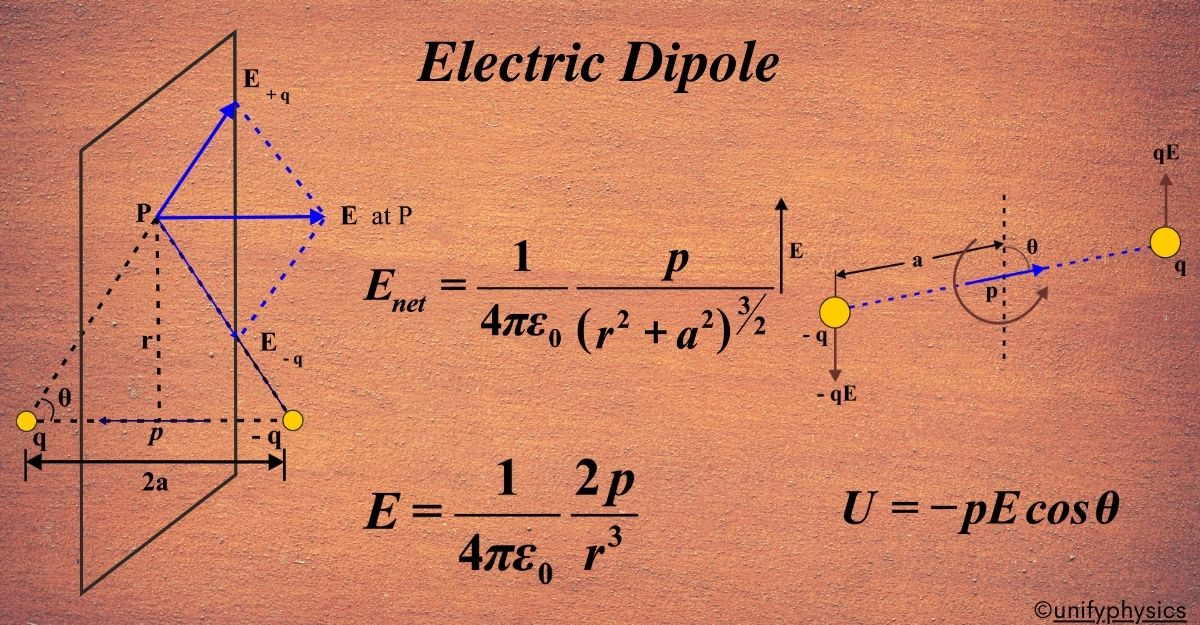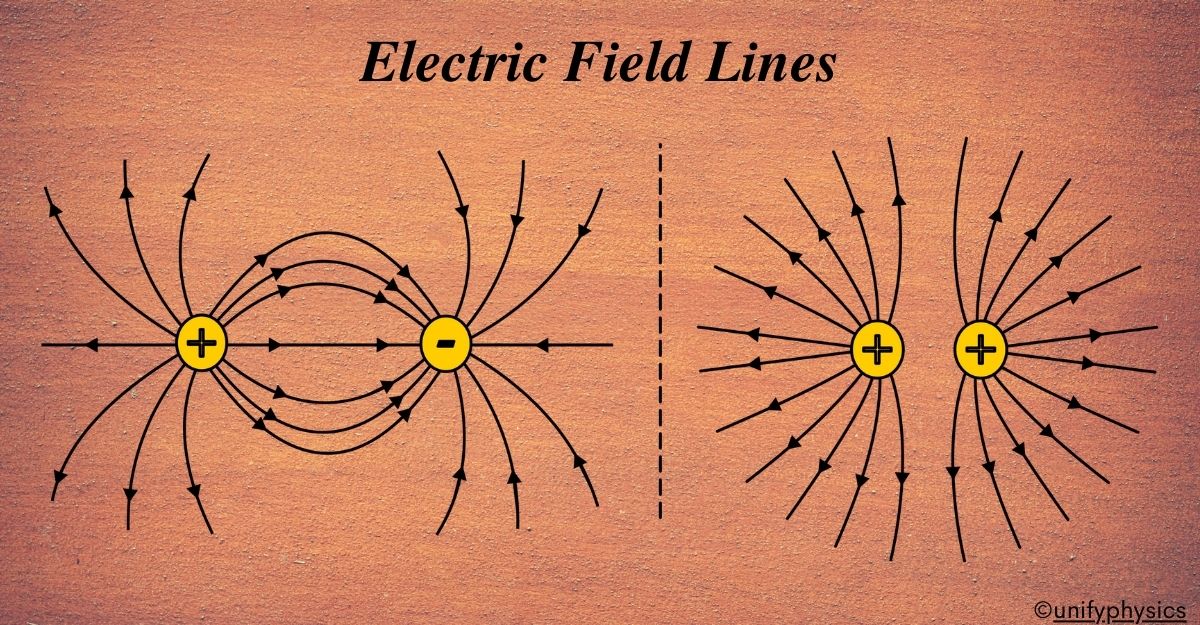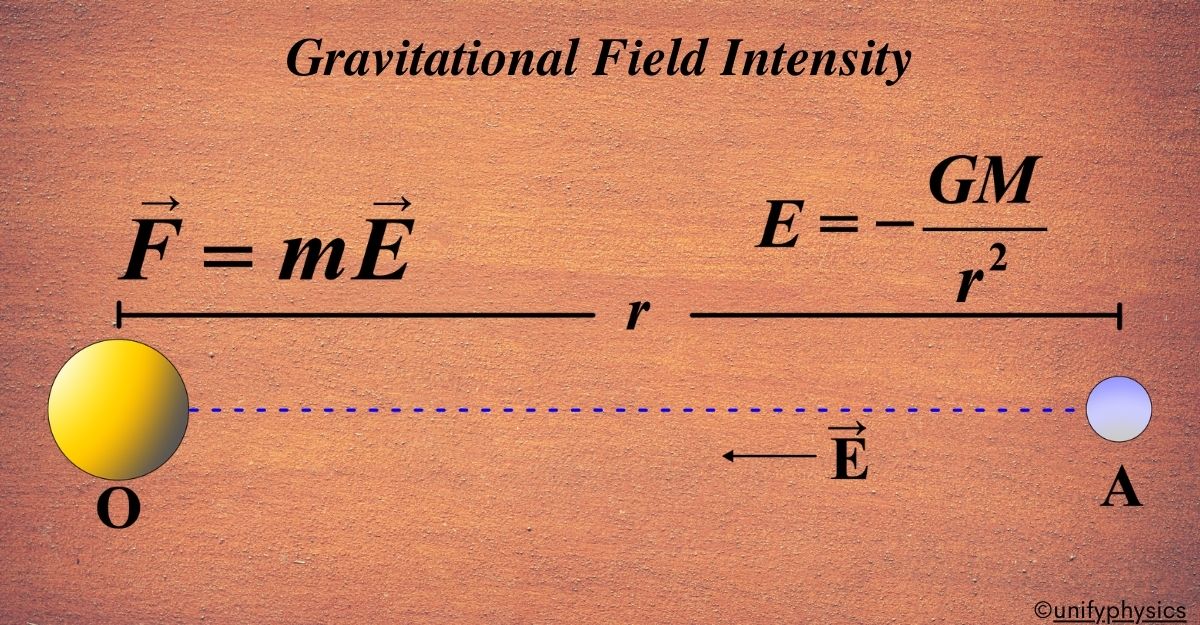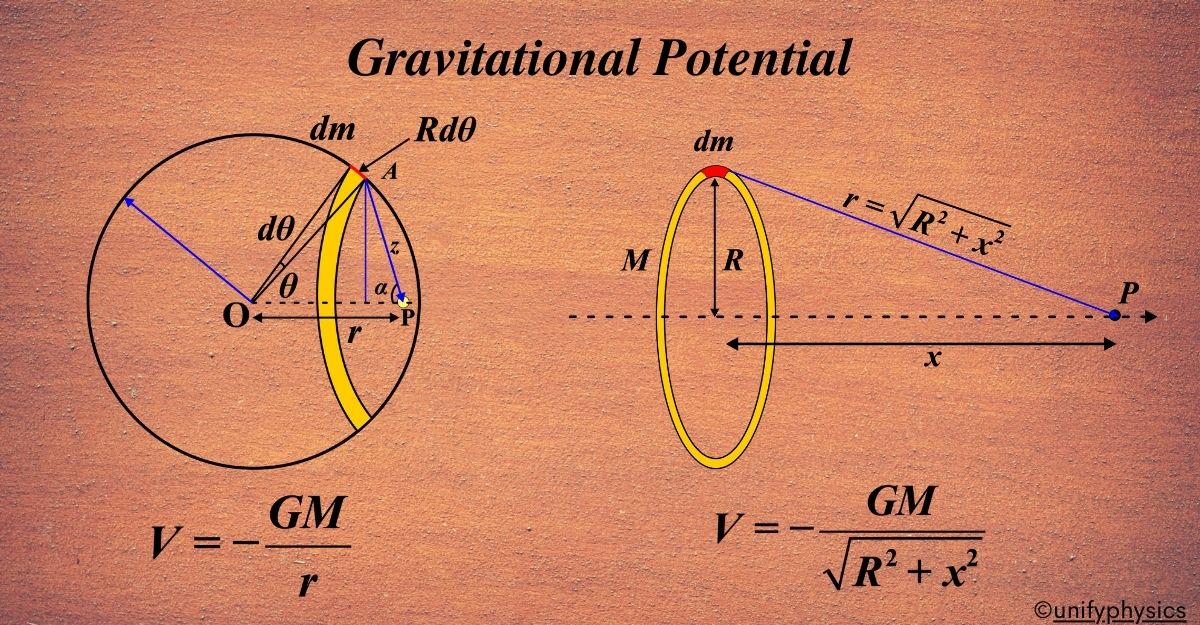Spherical Capacitor
The story of capacitors begins in the 18th century. It was a time of wigs, quills, and the birth of a new kind of electrical device. The earliest capacitors were known as Leyden jars, created around the 1740s. These were simple glass jars filled with water and lined with metal on the inside and outside. … Read more
